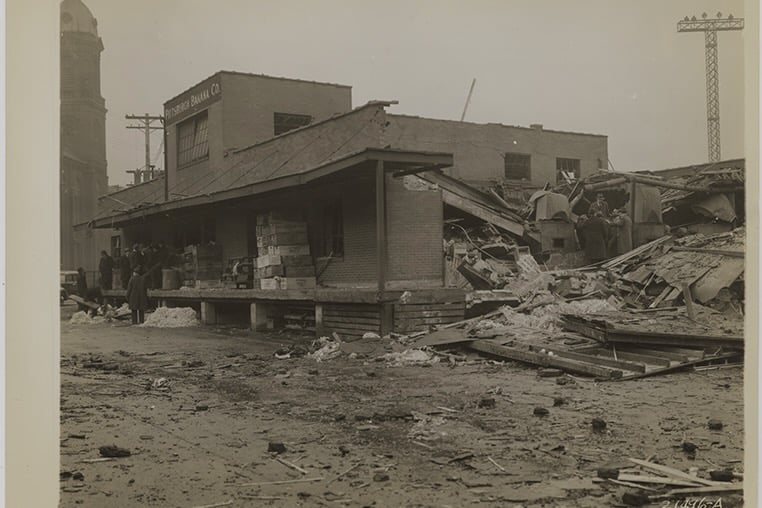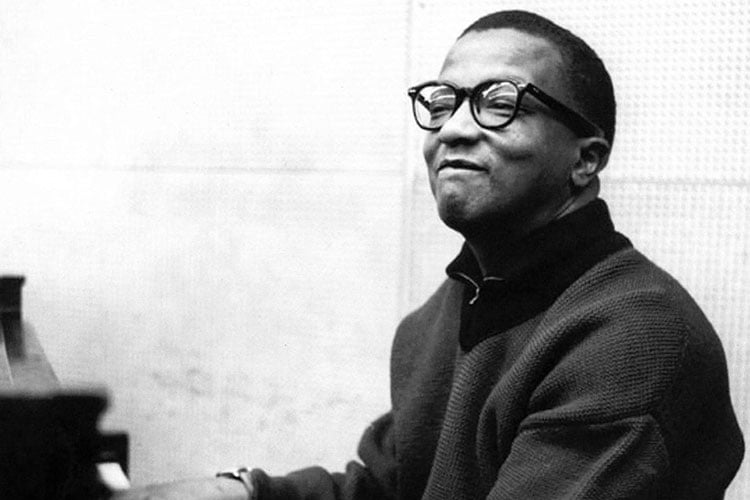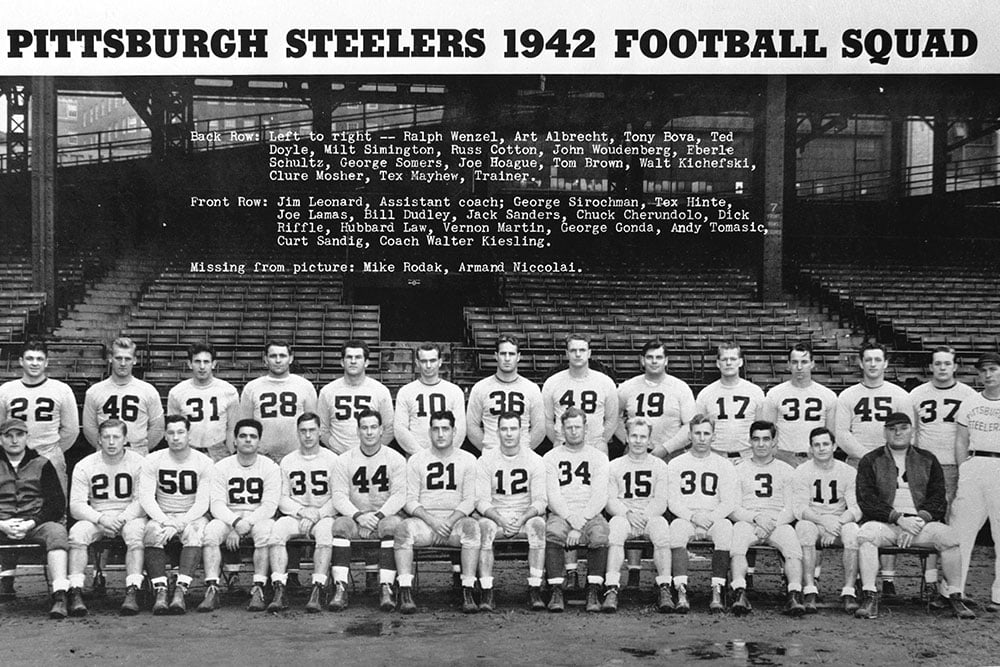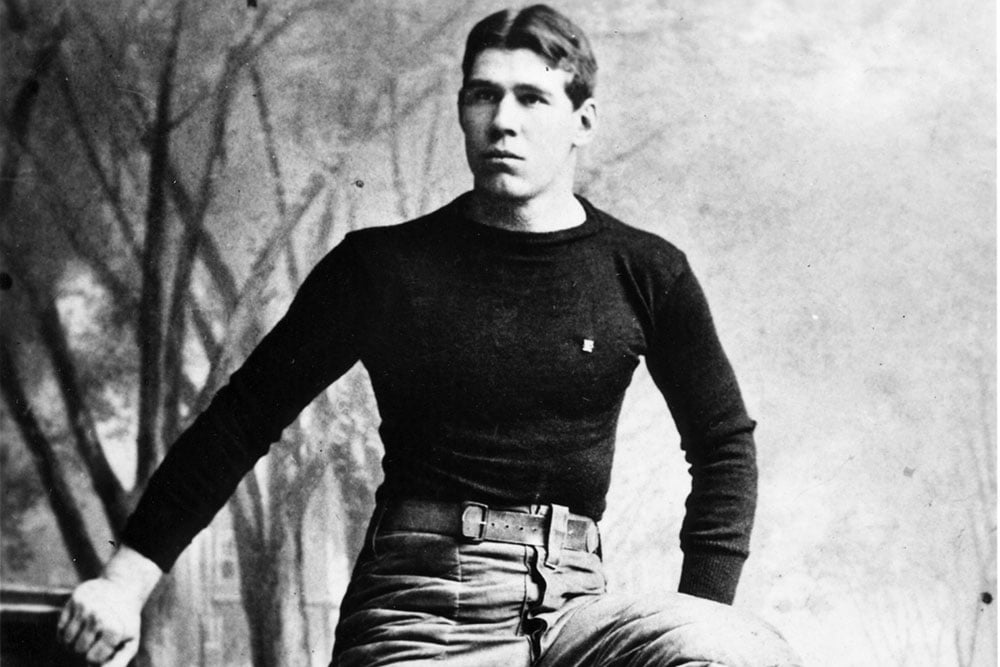This Week in Pittsburgh History: Edith Spurlock Sampson Is Named to the United States Delegation to the United Nations
Sampson, who was born in Pittsburgh, became the first African American woman to take the position on Aug. 24, 1950, and she went on to become the first Black woman elected as a judge in America.
Edith Spurlock was born in 1901 to a working-class family in Pittsburgh. She was one of eight children of a launderer and attended Peabody High School in East Liberty.
But she would go on to become a prominent and trailblazing attorney and activist.
After graduating from high school, she married Rufus Sampson, a field agent for Tuskegee Institute. They later divorced, and she married lawyer Joseph E. Clayton, who died in 1957.
She briefly worked for Associated Charities in Pittsburgh then enrolled in the New York University School of Social Work. She excelled in a criminology class and her professor urged her to pursue a career in law.
In 1927, she became the first woman to receive a Master of Law degree from Loyola University in Chicago.
Sampson worked as a probation officer and assistant referee in juvenile court before establishing her own practice, where she became one of the first women to argue before the U.S. Supreme Court. She also worked with the National Association for the Advancement of Colored People, the League of Women Voters, the National Council of Negro Women, and the Chicago Urban League and was known for her anticommunism views.
In 1950, she was asked to serve on the permanent United States delegation to the United Nations, the first African American woman to do so. She went on several international lecture tours and spoke out against the segregation she faced, and was a member of the U.S. delegation to the North Atlantic Treaty Organization (NATO).
When she arrived at the United Nations in 1950, the New York Herald Tribune wrote she “served as an answer to Russian propaganda that Negroes in the United States are an oppressed people deprived of opportunity, influence, and position.” The Chicago Defender wrote: “In naming Mrs. Edith Sampson of Chicago to the American delegation at the United Nations, President Truman could hardly have chosen a more able foe of the Communists or a more courageous fight for a just cause.”
The Pittsburgh Courier criticized her appointment on the basis of her being technically just an alternate to the U.S. delegation, but it later heartily praised her work.
In 1962, Sampson was elected a judge on the Chicago Municipal Court, becoming the first Black woman in the United States elevated to the bench by popular vote.
She retired from the bench in 1978 and died the following year.
















